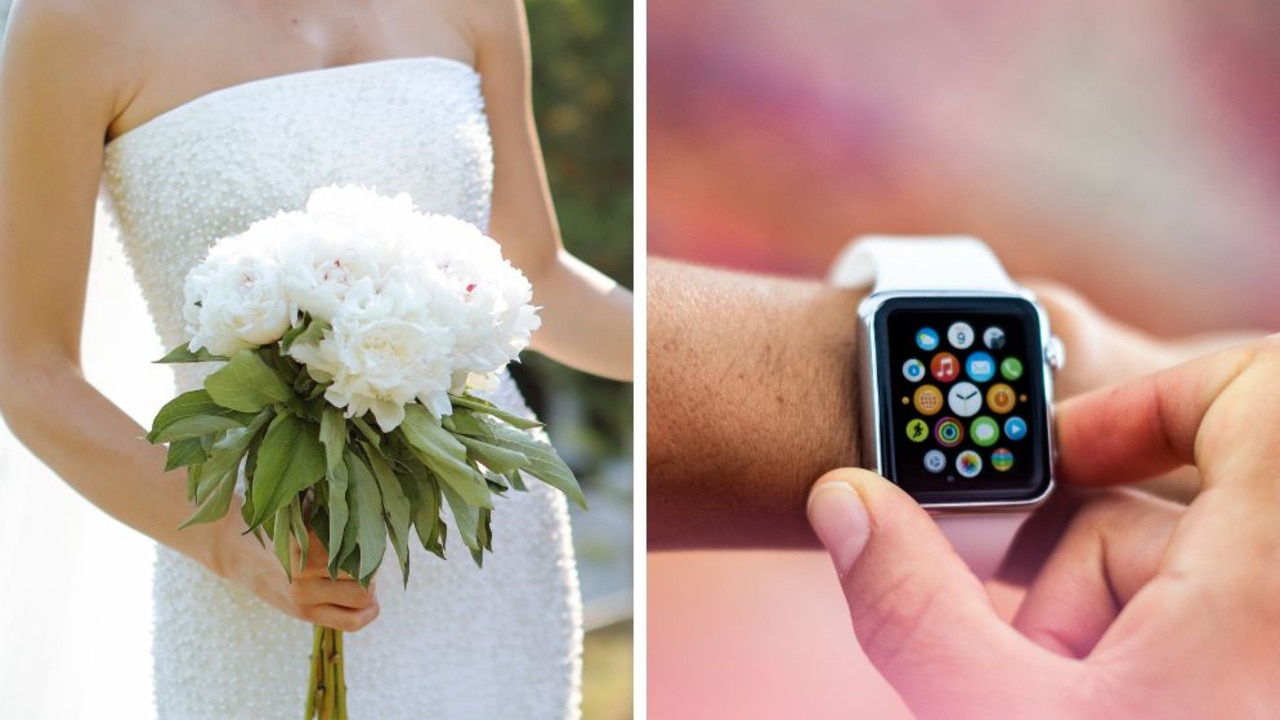Is marriage still necessary in 2014?
FROM a highly-religious rite to a barefoot beachside ceremony, marriage is a thing that a lot of people want. But is it really still necessary?
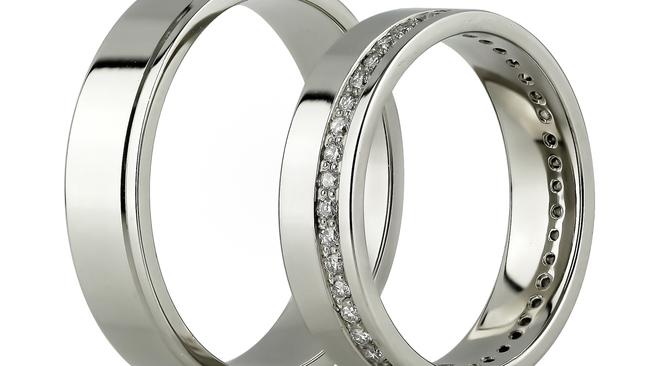
THE subject of marriage comes up a lot in conversation, the media, politics, religious debate and unsurprisingly, at weddings. Opinions vary wildly when it comes to specifics, but the overwhelming global feeling across multiple cultures is that marriage is most definitely a thing.
From a highly-religious rite performed by a priest upon two probably-to-almost virgins, to a barefoot beachside celebrant ceremony, marriage is a thing that a lot of people want. Or believe they want. Or feel like they should want. Or feel duty-bound to accept.
Or, in some cases, are not permitted access to. One of the current discussions surrounding marriage of course centres around same-sex marriage. Not all same-sex couples want to get married, in the same way that not all heterosexual couples do, but the most important part of the debate concerns the imbalance of allowing access to some human beings in love and not others.
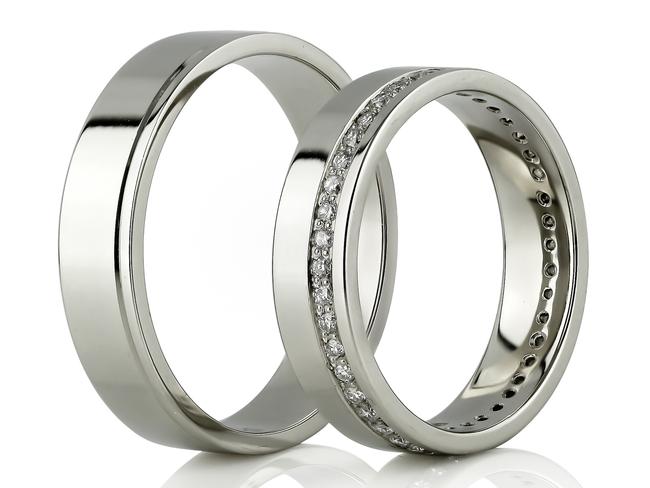
Some of those who oppose levelling out the human rights palette do so vehemently, almost violently, paving the way for another weird imbalance: people who oppose same-sex marriage have the power to affect the lives of those who want it, however same-sex marriage wouldn’t affect the life of an opposer one iota. Well, they might get a bit cross, sure, but that’s about it. I suspect people who get cross about things that are absolutely and completely none of their business kind of enjoy it, so changing the laws would technically be doing them a favour.
On another purportedly global level, the World Congress Of Families who held a conference in Melbourne last month doesn’t just think marriage is a thing, they think marriage is pretty much everything. Supporters of ‘natural’ families comprised of heterosexual married couples with cherished children produced free from the scheduled convenience of contraception, the group even goes so far to suggest that “the society that abandons the natural family as the norm is destined for chaos and suffering” (as was anyone who tuned in to the live stream of their conference). Suffice to say, the World Congress Of Families is not a massive supporter of divorce. Or homosexuality. Or single parenting. Or science, unless there are reliable, non-refuted studies that prove a link between abortion and breast cancer. (There are not).
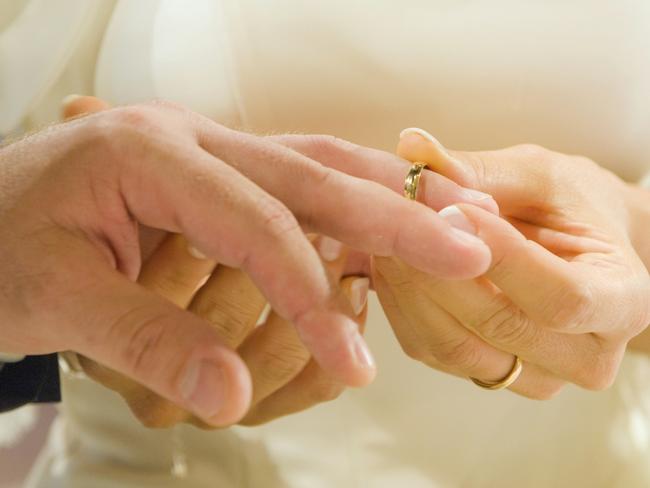
At a more personal level, two of my closest friends were married to two of my other closest friends this year, both in gorgeous, slightly out-of-the-way locations, with beautiful table settings, delicious food, lots of people travelling hundreds of kilometres and a whole bunch of really nice shoes. Both weddings glorious, happy, gleefully voluntary inconveniences. Both weddings, and almost certainly both marriages, packed with love and joy. Both couples returning after the wedding to the homes they had already shared with their partners for a long time, back to almost identical pre-wedding lives, with rings, memories, and bank balances the difference.
One of my other closest friends separated from his wife this year. A breakup is always painful, but there’s some kind of added oomph (and litigation, potentially), when the couple is married. Inconvenience, pain, life-changing logistics and having to buy new furniture and saucepans are all part of a marriage breakup. People who get divorced feel like they’ve failed at marriage.
It’s sometimes argued that people take divorce lightly, but I dare say that’s argued by those who have never been divorced. Nobody in their right mind would flippantly choose to do it — it’s a mucky, horrible business.
So at its best, marriage is a happy habit ritualised at its outset with an expensive party, and at its worst, can cause violent disagreement, feelings of failure, and mucking around with basic human rights.

When it works and isn’t excluding anyone, I think marriage is tops. I just don’t think it’s at all necessary.
Perhaps, then, like the Gershwins and the inventor of the light switch at one point suggested, we should just call the whole thing off.
Because really, when it comes down to it, what is marriage for?
I don’t buy that it keeps couples together, because a lot of couples stay together without it, and some couples that shouldn’t stay together do stay together because of marriage, sometimes with abusive results.
As for same sex marriage, there are two ways to treat all committed lifelong partnerships equally, and they are to either make marriage accessible to everyone, or to make marriage accessible to no-one. The latter is a lot cheaper, especially when it comes to venue hire and flower arrangements.
Divorce rates, currently nudging forty-five per cent in Australia and reflected similarly in most countries where marriage is wholly voluntary, would drop to zero. Problem solved. Nobody gets divorced, nobody feels like they failed at marriage.
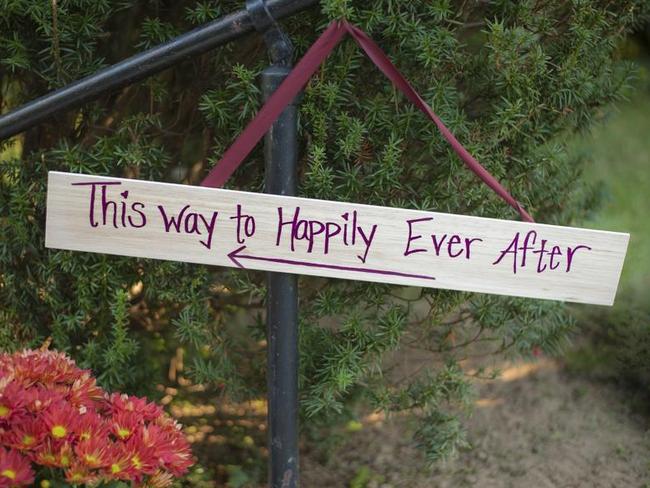
Admittedly, sales of marzipan would also plummet to zero, but that’s likely to only upset the manufacturers of marzipan.
Not getting married wouldn’t change many couples’ living situations.
No marriage would reduce the pressure some people feel to be married by a certain age.
No marriage would eliminate child brides.
No marriage would eliminate some instances of green card and immigration fraud, if Gerard Depardieu and Andie MacDowell have taught us anything.
No marriage means not having arguments about guest lists, or whether you’ll change your surname.
No marriage means friends and family never having to sit through woeful, hackneyed self-written vows or clunkily-choreographed bridal waltz flash-mobs.
Certainly, marriage is traditional, and there are squillions of truly noble, even fun traditions. But doing something purely because it’s traditional is very often the same as doing something because there is no other good reason to do it.
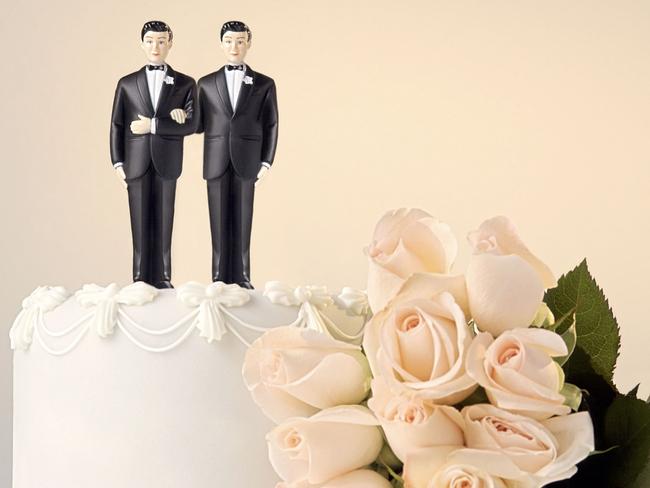
So many of the reasons we used to get married — security, dynastic strategy, a chance to access each other’s groin without being gossiped about in polite society — simply no longer apply. I only want to see marriage available for same-sex couples because they have just as much right to a piece of the wedding cake as anyone else.
Surely, though, when not everyone can be guaranteed access to cake, one of the easiest options is to just not serve cake.
Do you agree or disagree? Share your thoughts in the comments below.




